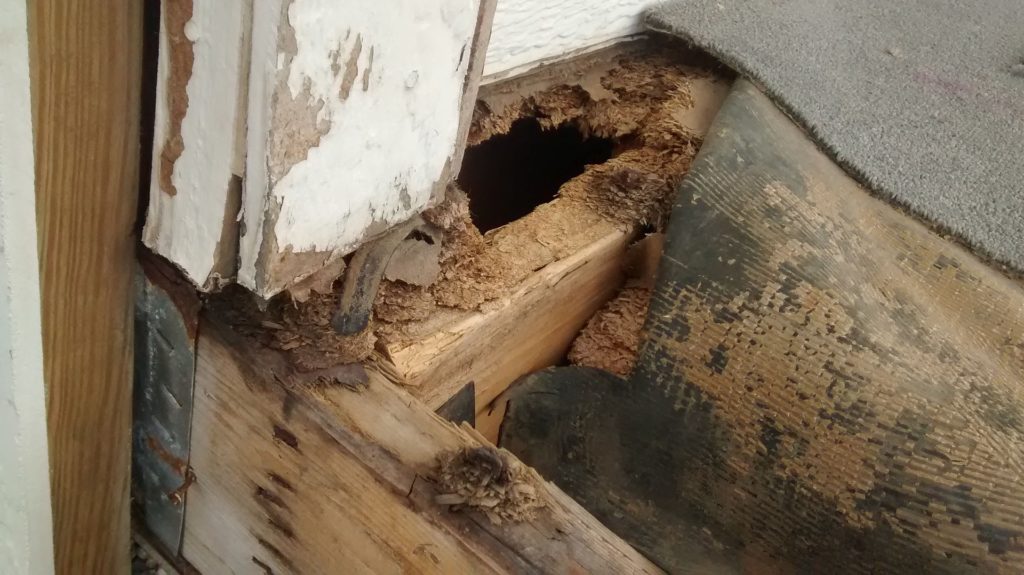Home Inspection Red Flags
The Summary
The first part of the home inspection report that you want to look over is the primary recommendations. This is also called the summary. This portion covers health and safety concerns. For example, it may state that there is a problem with mold. If you think it may be a harmful level, you can get it further checked out by a mold remediation specialist.
This section may also discuss electrical issues that could be a potential for hazard. Even a leaky roof being listed in this portion of the report can be cause for concern. Leaky roofs can create water damage that can affect the wood-framed structure of a house.
Costly Issues
The home inspection report can also list big-ticket issues. This includes electrical, structural, and mechanical problems. These are the types of problems that will be expensive to repair, and they may be cause for re-negotiating the price of a house. They are not problems that can be easily fixed during a NJ home remodeling project without costing you extra time and money.
Electrical issues worth worrying about would be old wiring that is dangerous, faulty wiring, ungrounded receptacles, or outdated knob and tube wiring from the 1950s or before. Structural issues range from older roofs that need to be replaced to cracks in the foundation that can be a sign of structural damage. Finally, mechanical problems are issues related to waste plumbing lines that do not drain properly or low water pressure.
Issues That Vary in Price
Some of the problems revealed during a home inspection can vary in price when it comes to fixing them. For example, termites are common in older houses. How much it will cost to take care of the issue depends on whether there is an active infestation or simply damage left behind from past infestations. This is something you may want to have the seller fix before finalizing the sale.
Mold is never good to find listed on your home inspection report, but it can be removed. The question is for how much. Surface mold is easily taken care of while mold found in the attic due to poor ventilation could require an entirely new roof in order to ensure the mold is removed.
Less Obvious Issues
No home will have a perfect inspection report unless it is newly constructed. Older homes often have issues that will be noted in the report. Some of these are simply a matter of age while others are red flags.
Look at any cracks found in a house as a red flag. As a home settles over time, cracks will appear. Although the cracks themselves seem harmless, they can be a sign of bigger issues. As homes settle, problems such as loose pipes can arise. Original pipes and plumbing may also rust with age. Cracks may even create further problems by allowing pests a way to enter the home.
Soil piled up against the house is another red flag. This soil can keep the water from draining away from the structure properly. This water can damage the foundation creating devastating damage.
Items You Shouldn’t Worry About
Although every issue deserves a certain amount of attention, there are things that will show up on the home inspection report that won’t affect the sale. Top of this list is appliances. The report may list appliances such as the dishwasher, stove, refrigerator, washer, or drier as not functioning correctly. These are items that you can have replaced during a NJ kitchen remodeling project or replaced with your existing appliances.
You can also overlook certain exterior issues. If the siding or paint is listed as being in poor condition, you shouldn’t worry. These are mainly cosmetic problems and shouldn’t change the sale of the house in any major way, but you will want to repair them on your own once the property is yours. This can be discussed with a home remodeling contractor.
Although the results of a home inspection report can be disappointing, it does allow you the opportunity to negotiate the cost of the house with the seller. A new offer could offset the price of repairs. You can also discuss whether or not the seller should pay for a portion of the repairs before finalizing the deal. Don’t become stressed over your home inspection report. Look at it as a helpful tool when considering the purchase of a new home.
